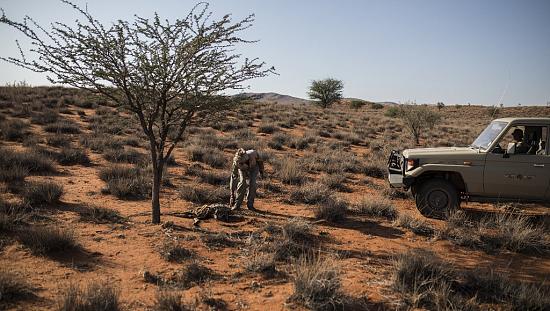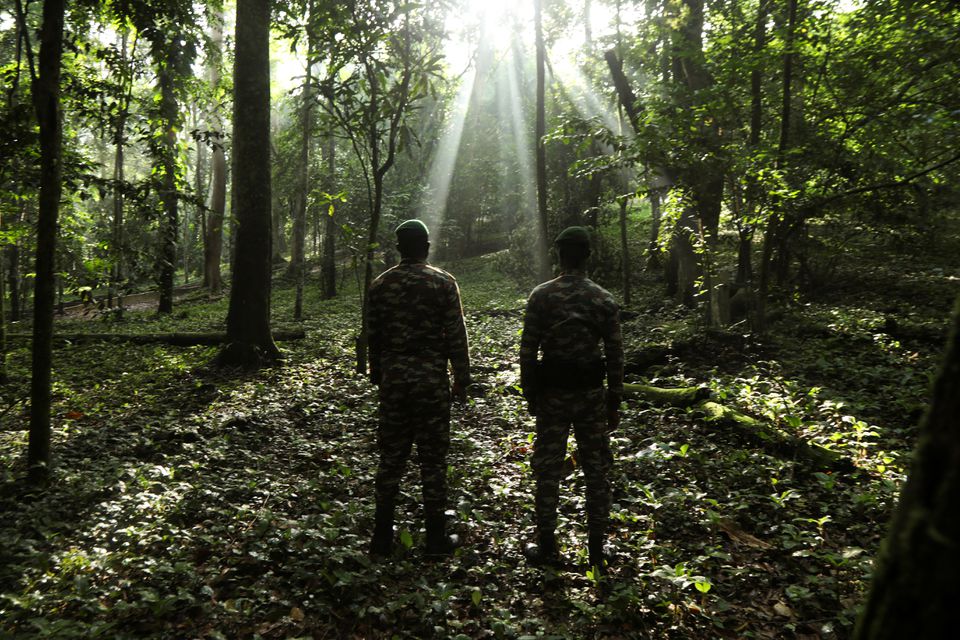
Ekeomah Atuonwu
Concerned about illegal logging and pollution in Banco National Park in Abidjan, the commercial capital of Ivory Coast, authorities are erecting a concrete perimeter wall in the hope of preserving the park’s unique ecosystem.
Banco covers more than 34 square kilometers (13 square miles) of western Abidjan, making it the world’s second largest urban park, trailing only Rio de Janeiro’s Tijuca National Park.
Some of its wildlife, which includes monkeys, chimps, and 500-year-old trees, is considered sacred by locals, and its shady trails provide a respite from the city’s traffic-clogged streets.
However, Banco is under pressure from Abidjan’s rapid growth. According to officials, locals illegally cut down trees to build houses and dump their trash in the woods.
Officials from the parks hope to put an end to this. Hundreds of construction workers stacked concrete bricks two and a half meters high along a muddy patch of land between the highway and the park on a recent day.

“In reality, it’s 12 kilometers of fencing for a 24-kilometer perimeter because a lot of the boundary has already been whittled away here and there to build urban lots,” Adama Tondossama, director general of the Ivorian Office of Parks and Reserves, explained.
Tondossama expressed hope that the efforts to protect Banco would result in its inclusion on the list of world heritage sites maintained by the United Nations agency UNESCO.
Banco’s groundwater table supplies 40% of Abidjan’s drinking water and captures 90,000 tonnes of CO2 per year.
Park officials have been working with local communities to clear up any confusion about the wall and to emphasize the importance of protecting the forest.
“We cannot afford to lose the forest. In some ways, we are the guardians here,” Mesmin Yapo, deputy chief of a village on the park’s outskirts, agreed.




